Master's degree (2 years)Full timeChemistry
ECTS credits:
120
Start of Studies:
Autumn
Required points:
Number of students:
15
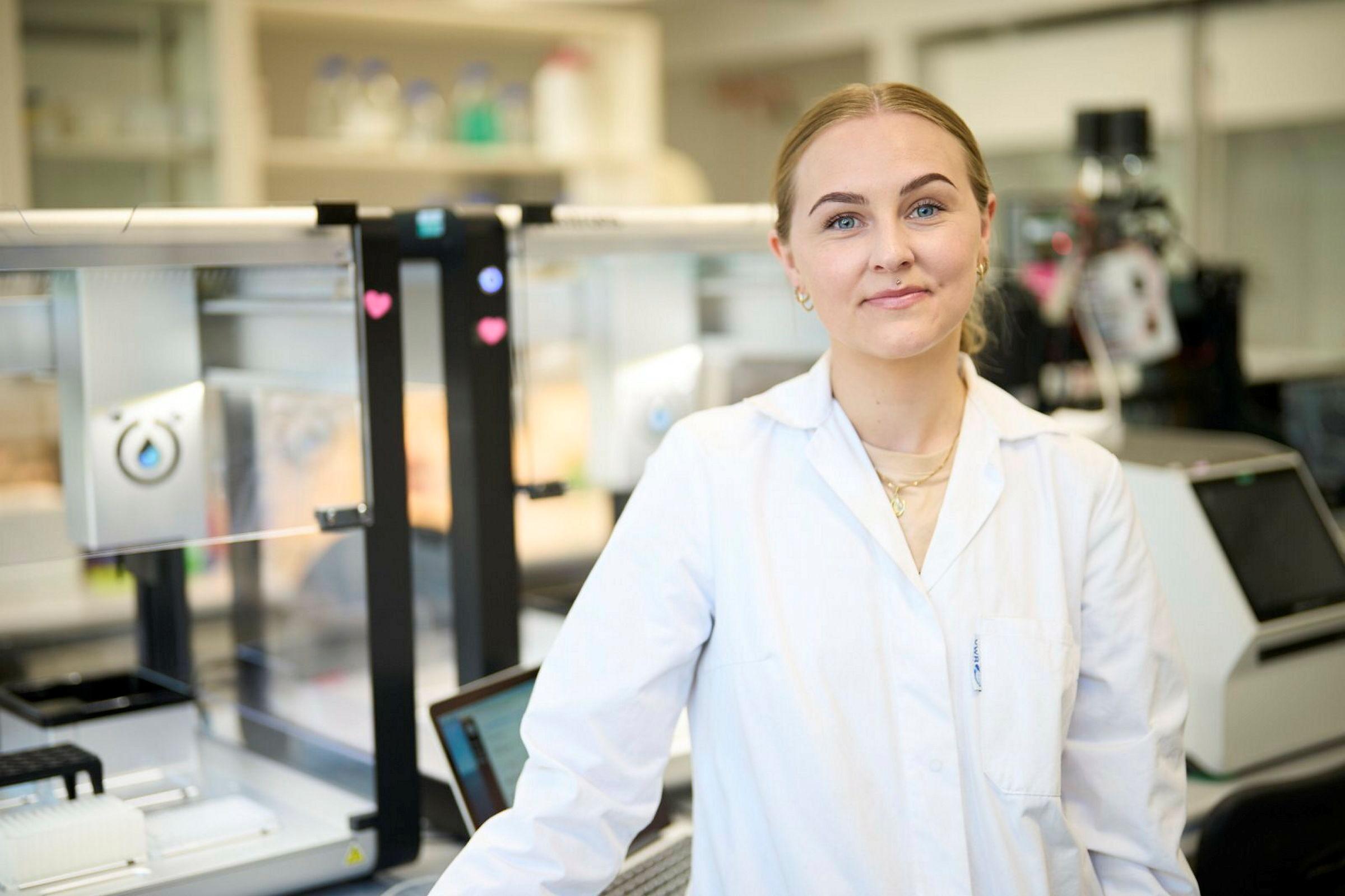

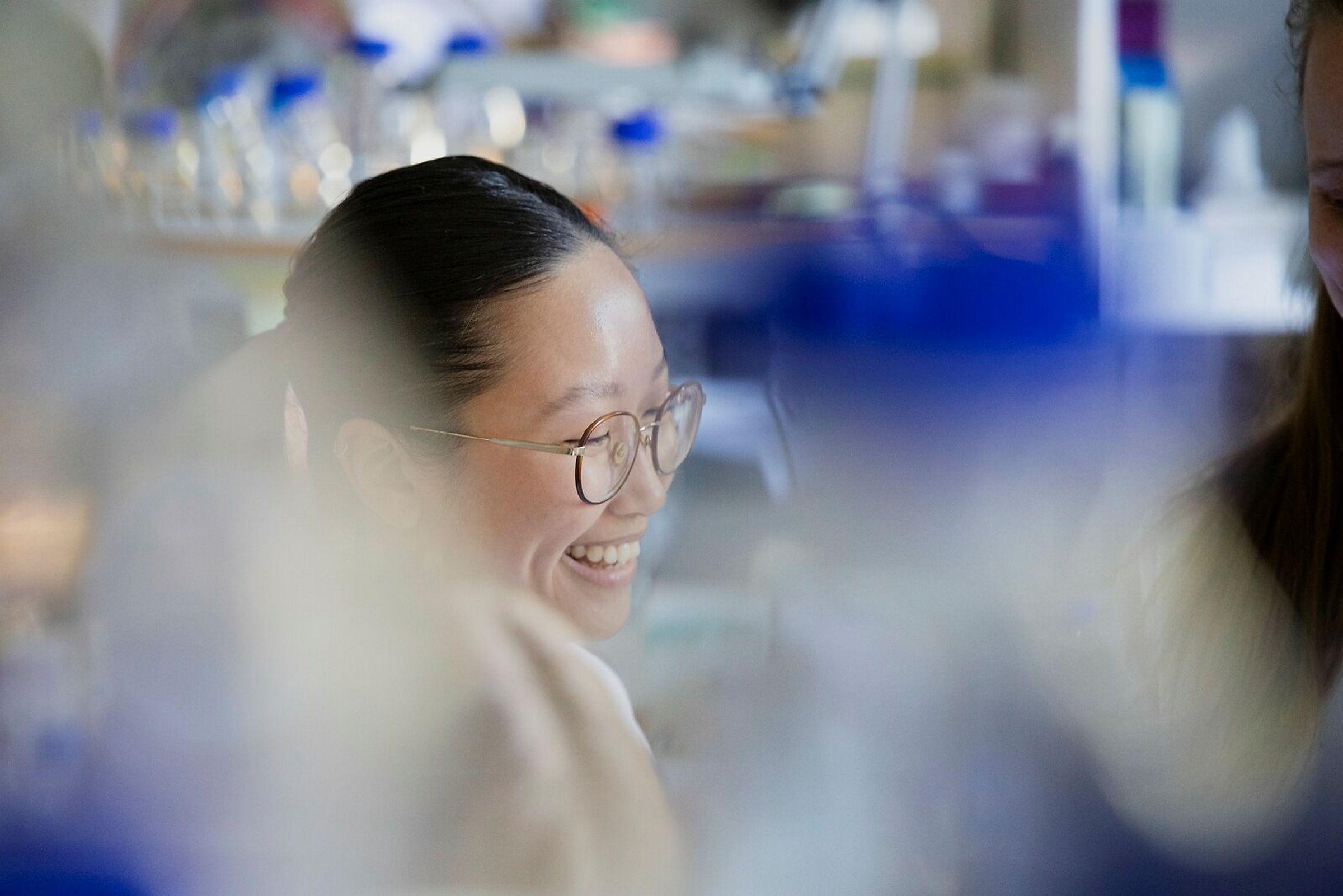
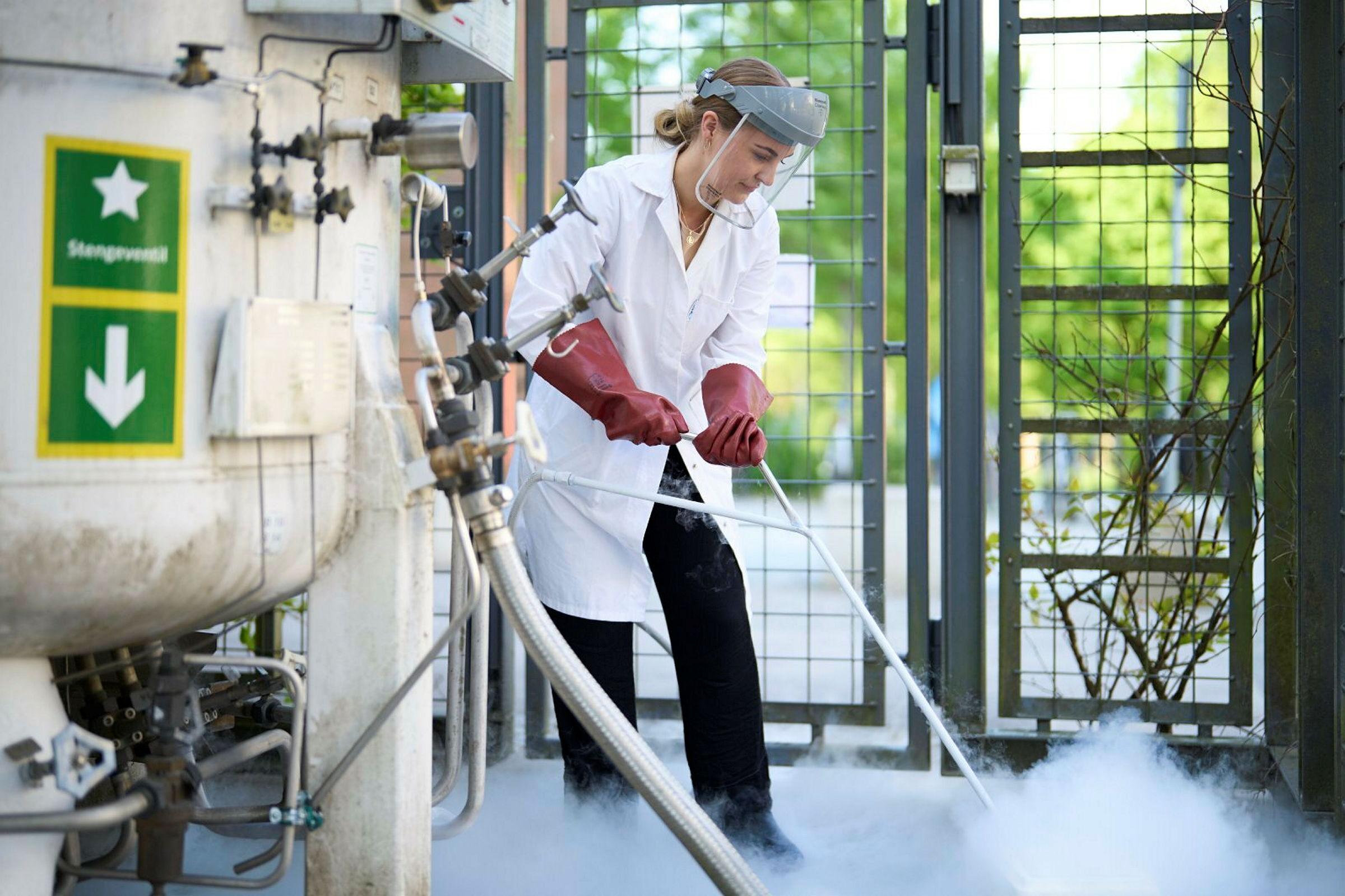

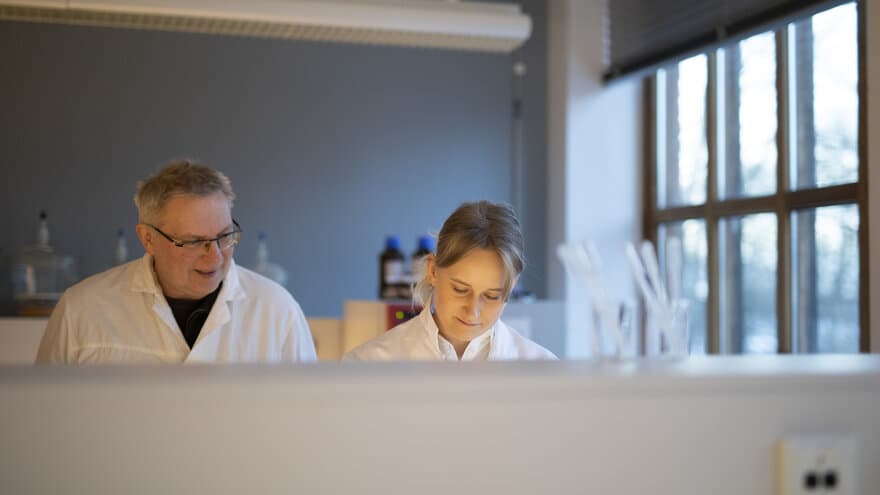
Learning outcomes
If you are pursuing a master's degree in chemistry, you will achieve the following learning outcomes:
Knowledge
- Depth and Breadth of Knowledge: You will be able to analyze chemical issues within the historical, traditional, and societal context of the field.
- You will attain international-level chemical knowledge and have the opportunity to work across disciplines in areas such as pharmacy, medicine, environmental science, and other technological fields.
- Through your master's thesis, you will develop a profound understanding of a specialized area within chemistry. You will also have an in- depth comprehension of chemical theories, terminology, and methods and be able to apply them in practical scenarios.
Skills- Experimental Design and Execution: You will have the ability to design and conduct your experiments, from data collection to analysis and conclusion, with a deep understanding of methods and potential sources of error.
- Interdisciplinary Collaboration: You will gain experience in collaborating across disciplines on chemical issues and will be capable of devising sustainable solutions.
- Application of Existing Theories and Methods: You will be proficient in using existing theories and methods in chemistry and placing your own results within a broader academic and international context. With your broad theoretical and practical foundation, you will contribute to innovation and forward thinking within the field of chemistry.
General Competence- Independent Work as a Chemist: Through laboratory exercises and an extensive master's thesis, you will be able to work independently as a chemist.
- Scientific Literacy: The program will train you to use scientific literature and methods effectively, and you will be able to present complex topics clearly, both orally and in writing.
- Critical Reflection: You will be capable of critically reflecting on ethical and scientific challenges within your work.
- Application of Chemical Knowledge and Skills: You will be able to apply your chemical knowledge and skills in new contexts.
- Effective Learning: The program will enable you to structure your own learning effectively.
Exchange possibilities
The students may conduct their thesis research or take postgraduate courses at external institutions. Studies abroad need to be approved by the supervisor and the Study Coordinator. Students can take courses at the Svalbard University Center in the second semester. It is recommended that chemistry students take advantage of the exchange programmes at NMBU or KBM to study abroad for one or two semesters, within the prescribed duration of the program. In addition, individually designed exchange programmes can be approved with the aim of building competence in a field not covered by NMBU or any of the partner universities. Studies abroad are normally recommended during 1st or 2nd semester. For more about student exchange: www.nmbu.no/en/students/exchangeProgram structure
The chemistry studies at NMBU are divided into four main areas: natural product chemistry, organic/inorganic analytical chemistry, and environmental/radiochemistry.
- Natural product chemistry encompasses biologically active compounds in plants, animals and food products.
- Analytical chemistry includes identification and characterisation of biological and synthetic substances using modern analytical instruments.
- Environmental chemistry includes investigations of short- and long-term effects of various substances in nature.
The Master`s degree contains a research thesis, consisting of 60, 45 or 30 credits (ECTS) of practical work in chemistry. The student and supervisor decide together the extent and topic of the thesis at the start of the programme. In addition to this research task, students must take 30 credits (ECTS) worth of courses in chemistry and 30 credits (ECTS) worth of freely chosen courses - a total of 60 credits (ECTS). A minimum of 30 credits (ECTS) must be master level courses, and the courses shall support the master`s thesis research, providing scientific breadth and depth in the chosen scientific area. Each student will have an individual study plan with good progression and development towards the Master`s thesis. Courses are chosen in consultation with the supervisor. Basic courses (at the 100 level) are not approved in this Master`s programme.
More about the program
Societal relevance
The study of chemistry will give students solid competence in chemistry, which can be used to solve environmental and pollution problems, as well as to develop healthier food and safer medicines.Learning activities
Learning activities for the theoretical part of the programme include lectures, seminars and colloquia. Students learn experimental methods by participating in lab work, in combination with lectures, seminars and discussion groups. Written examination is a common form of evaluation during the program, in addition to oral examinations or project assignments. The Master`s degree program ends with delivery and oral discussion of a written Master`s thesis, which describes the student`s experimental work.Examination
The students` competence is evaluated both by portifoio assessments and final exams (written or oral). Emphasis is put on testing understanding, application of acquired knowledge and development of independence during the Master`s thesis work.Equipment
Students shall have access to their own laptop for use in teaching activities and assessment.Information for students from partner universities
Teaching in English upon request. Most of the literature is in English.Cooperation with other institutions
This master’s program contains courses from different faculties at NMBU, especially from MINA.
Study advisor(s):
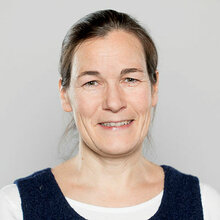
Janne Beate Utåker
